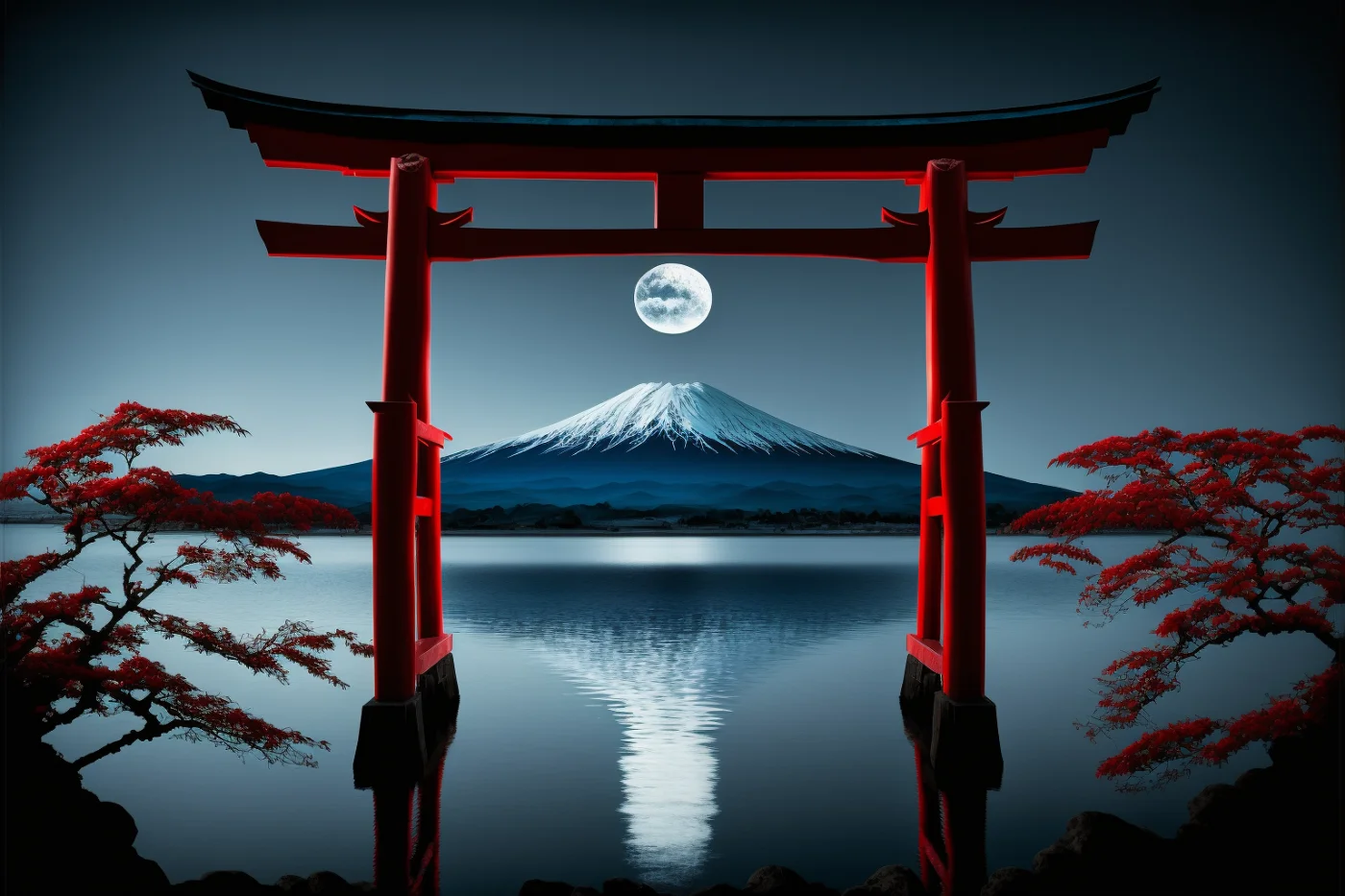Japan is a fascinating country with a rich cultural heritage that spans thousands of years. From its vibrant and colorful festivals to its intricate and delicate art forms, Japan has a unique and distinct culture that has captivated people around the world.
There are certain social customs and practices that are commonly accepted in Japan that might be considered strange, or even horrifying, to many Americans.
Eating loudly
In Japan, it is considered polite to slurp noodles and other foods loudly. This is seen as a sign of appreciation for the food and is not considered rude. However, many Americans may find this behavior unappetizing and even rude. This cultural difference can be attributed to the fact that Japan has a long history of noodle soup dishes, such as ramen and udon, which require loud slurping in order to fully enjoy the flavors and aromas of the dish.
Wearing face masks
In Japan, it is common for people to wear face masks to prevent the spread of illness or to protect themselves from pollution. However, in America, wearing a mask in public was not a common practice until the COVID-19 pandemic, and some people still view it as a sign of weakness or fear. This cultural difference can be attributed to the fact that Japan has a long history of wearing masks during flu seasons and when people have a cold, in order to prevent the spread of germs.
Taking off shoes indoors
In Japan, it is customary to take off your shoes before entering a home or other indoor space. This is done to keep the floors clean and is seen as a sign of respect. In America, it is more common to keep your shoes on indoors, and many people would find it strange or even unsanitary to take them off. This cultural difference can be attributed to the fact that Japan has a long history of living in small spaces, where cleanliness and tidiness are highly valued.
Sleeping in public
In Japan, it is not uncommon to see people sleeping in public places like parks or on trains. This is seen as a sign of hard work and dedication, and it is not considered rude or inappropriate. In America, sleeping in public is often seen as lazy or disrespectful. This cultural difference can be attributed to the fact that Japan has a strong work ethic, and people are expected to work long hours and dedicate themselves to their jobs.
Eating raw fish
Sushi and other raw fish dishes are a staple of Japanese cuisine. However, many Americans are hesitant to try raw fish, and some even find the idea of eating it repulsive. This cultural difference can be attributed to the fact that Japan has a long history of fishing and seafood consumption, and raw fish dishes are considered a delicacy.
Bowing
In Japan, bowing is a common way to show respect or gratitude. However, in America, it is more common to shake hands or give a hug. Some Americans may find bowing strange or formal, while others may appreciate the gesture. This cultural difference can be attributed to the fact that Japan has a long history of hierarchical social structures, where showing respect to those of higher status is highly valued.
Japan and America have many cultural differences, and some social customs and practices that are common and accepted in one country may be considered strange or even horrifying in the other. However, these differences are what make each country unique and fascinating, and by embracing them, we can gain a deeper understanding and appreciation of each other’s cultures.




